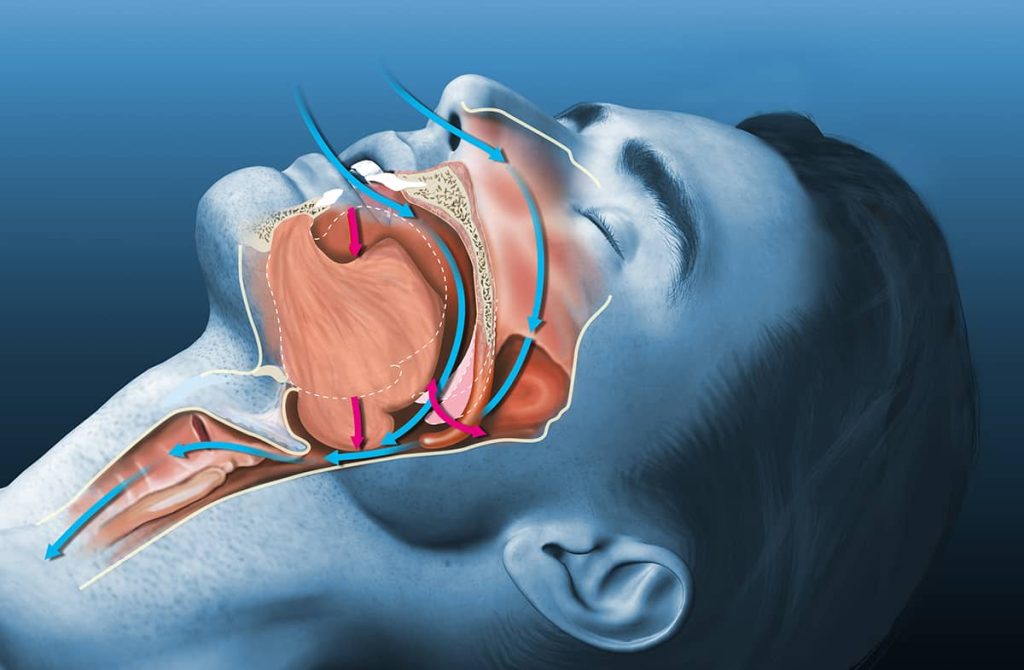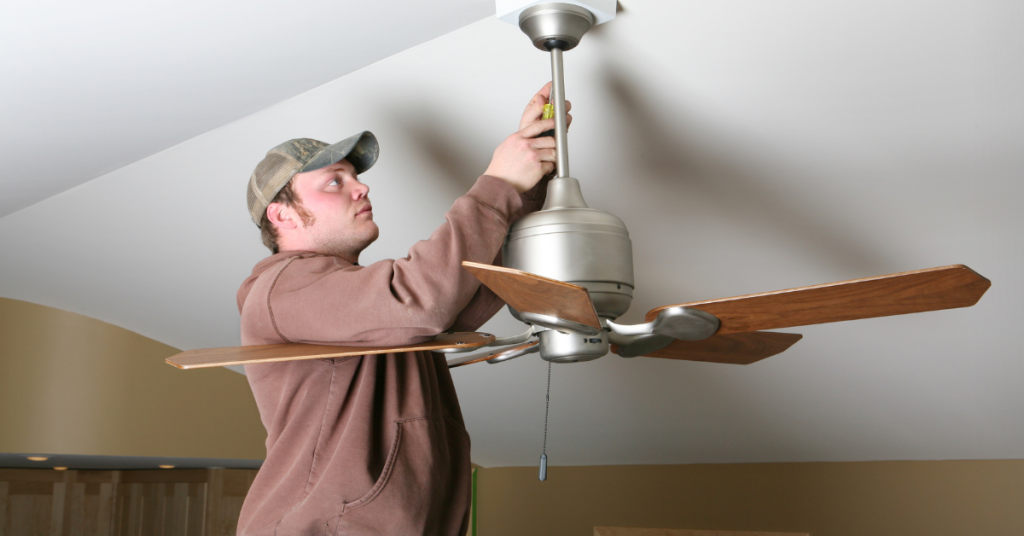Finding the right sleep apnea dentist is crucial for effective diagnosis and treatment of sleep apnea, a serious sleep disorder that affects breathing during sleep. This article provides expert tips and insights to help you choose a sleep apnea dentist who can provide personalized care and help improve your sleep quality and overall health.
Understanding Sleep Apnea and the Role of a Sleep Apnea Dentist
Sleep apnea is characterized by repeated pauses in breathing during sleep, often caused by the relaxation of throat muscles that obstruct the airway. A sleep apnea dentist specializes in diagnosing and treating obstructive sleep apnea (OSA) through various oral treatments, providing alternatives to traditional Continuous Positive Airway Pressure (CPAP) therapy.
Why Choose a Sleep Apnea Dentist?
Sleep apnea dentists offer several advantages:
- Customized Treatment: They provide personalized treatment plans tailored to your specific symptoms and oral anatomy.
- Alternative to CPAP: Oral appliance therapy (OAT) offers a non-invasive alternative to CPAP machines, improving comfort for many patients.
- Collaborative Care: They work closely with sleep medicine specialists and other healthcare providers to ensure comprehensive treatment.
Tips for Choosing the Right Sleep Apnea Dentist
- Check Credentials and Experience:
- Look for dentists who are board-certified and have specialized training in sleep apnea treatment.
- Verify their experience in treating sleep apnea and ask about their success rates with similar cases.
- Seek Referrals and Recommendations:
- Ask your primary care physician, dentist, or friends/family for recommendations of reputable sleep apnea dentists.
- Read online reviews and testimonials to gauge patient satisfaction and treatment outcomes.
- Consider Treatment Options Offered:
- Ensure the dentist offers a range of treatment options, including oral appliance therapy (OAT) and collaboration with sleep medicine specialists for CPAP therapy if needed.
- Discuss their approach to treatment and how they tailor plans to individual patient needs.
- Evaluate Communication and Patient Care:
- Schedule a consultation to assess how well the dentist listens to your concerns and explains treatment options.
- Ensure they provide clear instructions on using oral appliances and offer ongoing support and monitoring.
- Check Clinic Environment and Technology:
- Visit the dental clinic to evaluate cleanliness, organization, and the availability of advanced technologies for sleep apnea diagnosis and treatment.
- Ask about their approach to patient comfort and safety during treatment sessions.
The Role of Oral Appliance Therapy (OAT)
- Custom-Fitted Appliances: These devices are designed to reposition the lower jaw and tongue to keep the airway open during sleep, reducing snoring and improving breathing.
- Benefits: OAT is comfortable, portable, and easy to use, making it a preferred choice for patients who find CPAP machines cumbersome.
Choosing a Trusted Sleep Apnea Dentist in Your Area
Here are some reputable sleep apnea dentists and clinics known for their expertise:
- National Dental Centre Singapore (NDCS): Offers comprehensive sleep apnea diagnosis and treatment by experienced dental specialists.
- Raffles Dental: Provides specialized care for sleep apnea using advanced oral appliances and collaborative treatment approaches.
- Pacific Healthcare Specialist Centre: Offers multidisciplinary care, integrating dental and medical expertise for effective sleep apnea management.
Conclusion
Choosing the right sleep apnea dentist involves careful consideration of credentials, treatment options, patient care approach, and clinic environment. By following these expert tips and insights, you can make an informed decision to improve your sleep quality and overall well-being. A trusted sleep apnea dentist will not only provide effective treatment but also support you throughout your journey to better sleep health. Take proactive steps today to find a sleep apnea dentist who understands your needs and can help you achieve restful, uninterrupted sleep.



